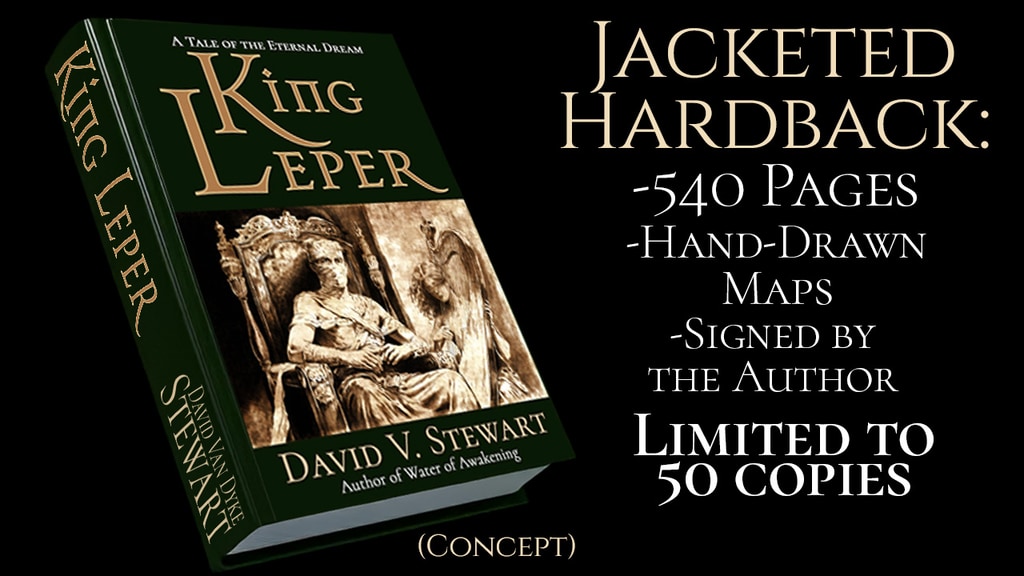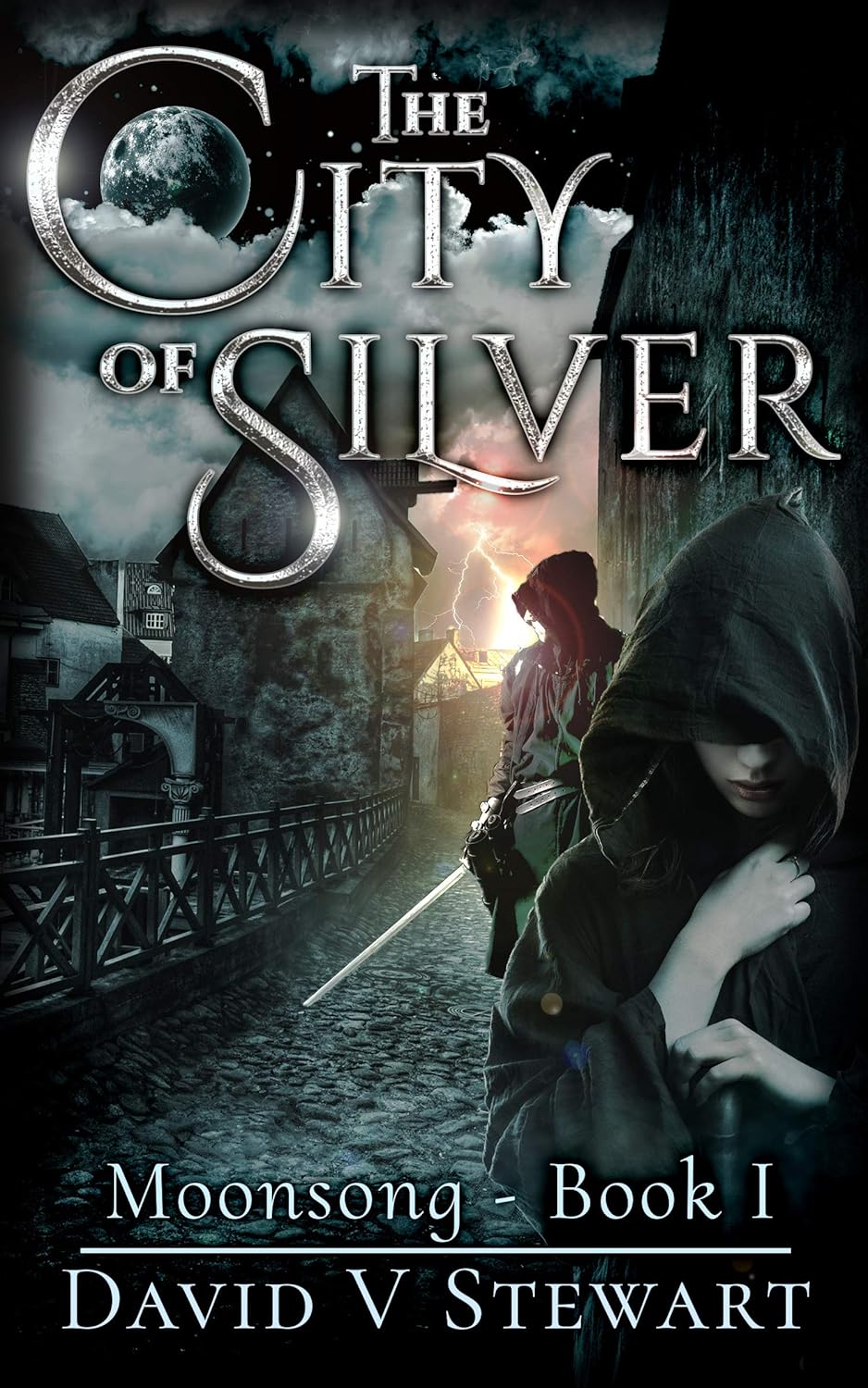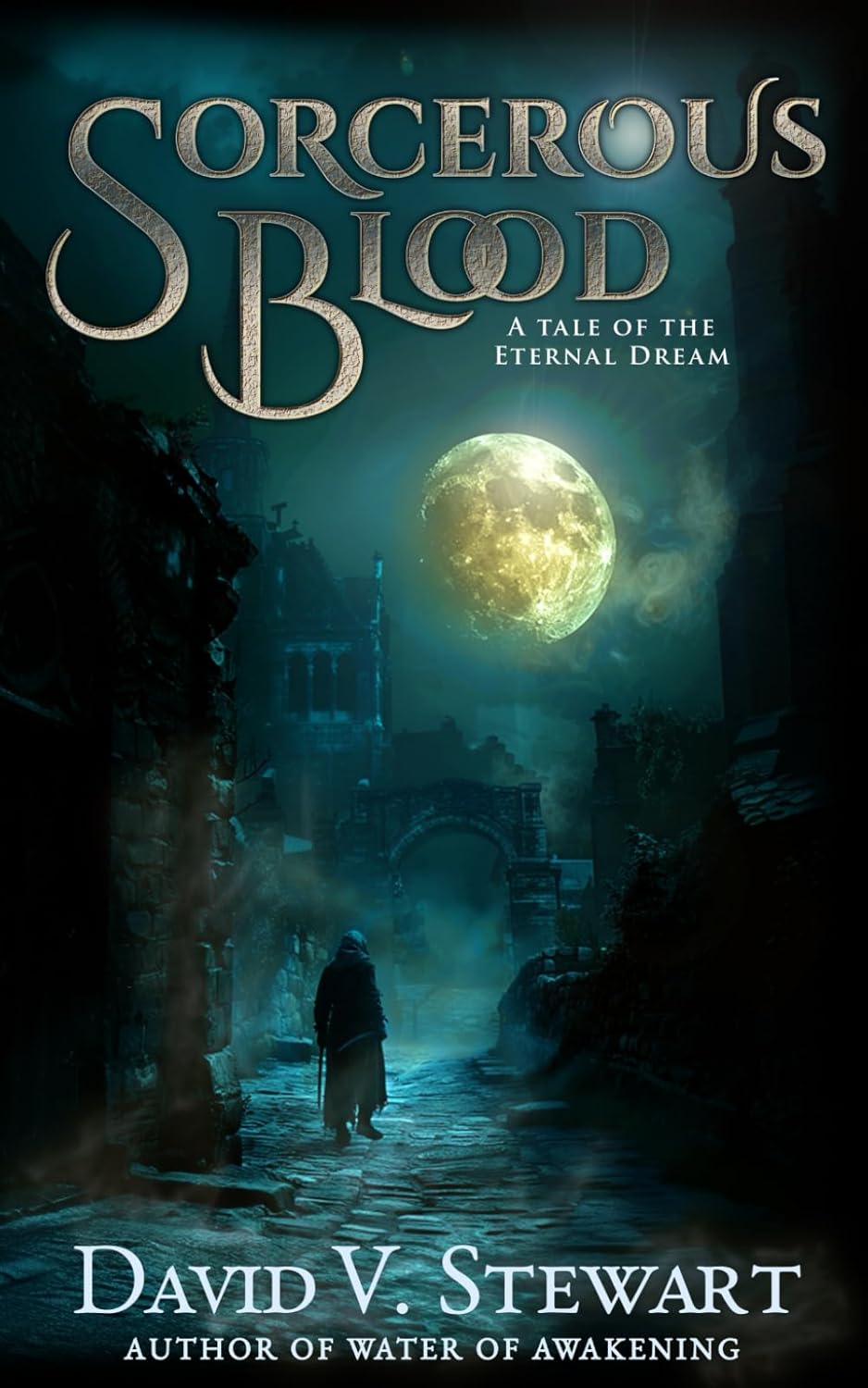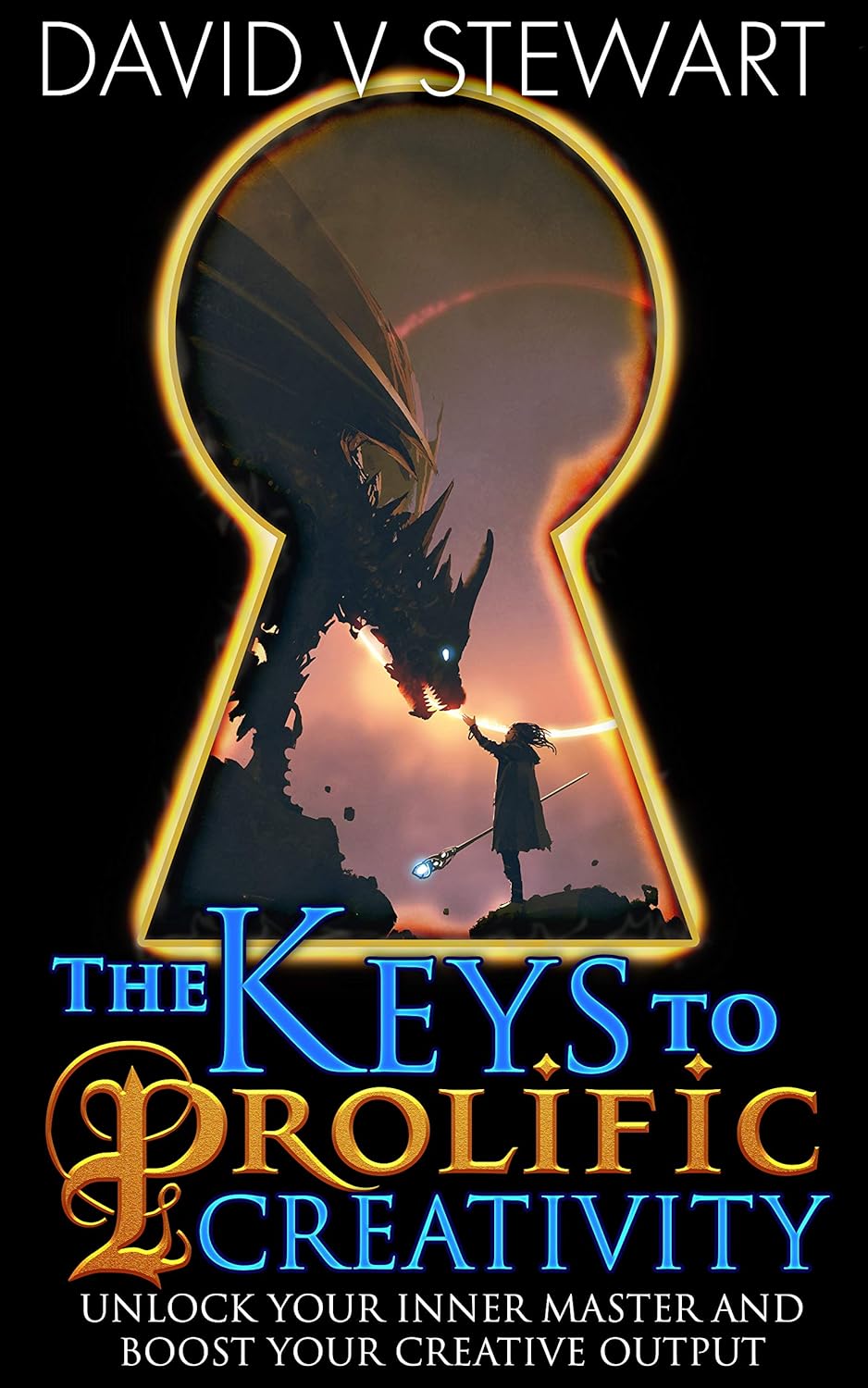Or procrastination, of a sort
Have you backed King Leper yet? Funding goals were met in the first 24 hours, but there are still autographed copies available!

I realized recently that I occasionally have decision paralysis, which is where I need to make a choice but instead make no choice (cue up the Rush classic). Mentally, the usual justification is simply waiting—for what, I don’t exactly know, but I know that I want conditions to change somehow to make the decision easier. Most decisions that I procrastinate on involve some sort of monetary cost. Thus, a delay is internally justifiable because prices change (not always in my favor) along with income streams. However, there are often other costs, such as the cost of not deciding—whether it is buying something or investing.
Just as an example, when my wife and I moved into our last house, we didn’t like the paint. We painted our son’s room ourselves (it came in a violent shade of pink), but otherwise held out on the rest of the house which was various shades of brown that you can see in some of my older videos. We had just moved and wanted to feel financially secure before spending money hiring painters or taking large chunks of our own time to do it ourselves. In the end, we did paint it the color we liked, but that was to make the house more attractive to potential buyers as we put it on the market. It was a good investment, but one made to the benefit of the next owners, not ourselves.
When we moved to our current home, the first thing we did was paint, even before our furniture arrived. When it came time to build a new patio covering, we did it without hesitation, knowing that eventually, we would need to in order to prevent water damage, and there would be an additional non-monetary cost of not enjoying the patio for the years between now and when we felt like we must fix it.
For me, the paralysis comes because of money. I spent a lot of my adult life with very little extra money and sparse disposable income, so any purchase had to be fully justified. Avoiding spending money where possible was necessary. That scarcity mindset is difficult to lose, even when material conditions are much better. I remember the first time I bought a TV after getting married. I couldn’t sleep because of all the anxiety of spending the money, even though it was a really small amount compared to what we had saved. What if I needed the money later? What if the thing broke? Did I really need a TV?!
While I learned from that experience, I have come across other areas where I have stalled out decisions. I noticed these conditions will significantly slow my decision-making:
1) There is a high investment cost to the decision
2) There are a multitude of options without an easy way to discern between them
3) You cannot undo the decision
4) There is conflicting information about the options
I solve the first problem by judging the necessity of the decision. Is the object necessary? Will it provide a return on investment? What is the cost of delay? What is the cost of delay relative to price depreciation? Sometimes, it is appropriate to delay, especially for objects that are luxuries or conveniences and when I have good alternate utility for the money. I can put off buying another guitar that I want, but not another dishwasher. When our dishwasher went out, I bought one the next day and had it installed immediately despite the huge number of choices on the market. There is a significant time cost to washing dishes by hand, especially when I am making three meals a day at home for myself or my family members.
The second problem can be solved in a few ways (and most consumers think this way). First, what options are from a trusted source, such as a reliable brand? Are there neutral sources that recommend one option above others and are those sources trustworthy themselves? Going to the first problem, how necessary is the decision, and what is the cost of delay? What is the additional (often non-monetary) cost of cheaper options, such as maintenance and earlier replacement? There are many dishwashers, but only a few brands are relied upon by professionals, for example, in the restaurant industry. (If anyone is wondering, I bought a Bosch dishwasher, even though it was a more expensive option. I don’t want to buy a new appliance every other year). The point is to cut down on the information you are taking in to limit the number of choices to just a few.
Decisions that cannot be easily undone, like remodeling a home, getting a tattoo, or getting married, can invoke paralysis as well. Sometimes, it is good not to decide right away, like with tattoos, until you are reasonably sure you want to make the decision. However, delays have their own costs. Getting married later instead of earlier can cost you potential children or reduce financial opportunities. What helps me is to ask, “Will I certainly be doing this at some point?” If so, then one ought not to put it off. If you have to get that hip surgery, it’s probably better to get it now rather than later.
Sorting conflicting information is a relatively new source of paralysis. In the old days, people had limited or even single sources of most types of information. You had one doctor with one recommendation, just a few news organizations who all had roughly the same opinions, or one salesperson to tell you about a product. Now, we are drowned in information, and it is hard to sort it. The easiest way is to, like relying on the power of a brand, to cultivate a few sources of good information. Consumer Reports was an older example, but a new example might be a particularly honest YouTuber. Then, when you have the information, you have to make the decision! The question then is: how much additional information would make me feel sure of my choice? The answer is usually none. Either there is no meaningful extra information, or else no extra information will reduce anxiety.
When looking at reviews, I usually look at the best ratings and the worst. Why were people satisfied, and what could go wrong? One-star reviews are often the most informative of them all and persuade me, more often than not, to actually buy the product in question (especially books). “Bad reviews from bad people are good reviews,” as Joshua Lisec says.
Often, decisions that are really hard to make are ones that don’t matter much at all. What book should I grab off my massive shelf? What game should I play right now? What movie should I pick on Netflix? Which YouTube video should I watch? It doesn’t matter! And yet these are the points that we tend to waste little minutes of our life, sitting with our spouse and going, “What should we watch?” The answer is “anything.” We’re back in the 1990s, wasting time flipping through channels when we should be popping in a VHS or just doing something else…Anything else. You can always change your mind in a few minutes anyway and pick a different movie.
Don’t forget to back the Kickstarter. For more books related to the Eternal Dream, check the links below!
I am an independent artist and musician. You can get my books on Amazon or by joining my Patreon, and you can listen to my current music on YouTube or buy my albums at BandCamp.








“I spent a lot of my adult life with very little extra money and sparse disposable income, so any purchase had to be fully justified. Avoiding spending money where possible was necessary. That scarcity mindset is difficult to lose, even when material conditions are much better.”
You and me both, man. This is something I’ve struggled with for 20 years at least.
I wonder how much time the average person spends today sorting all the information available to make a choice. There are more than one reason why we want for time, and I’m persuaded this is one.